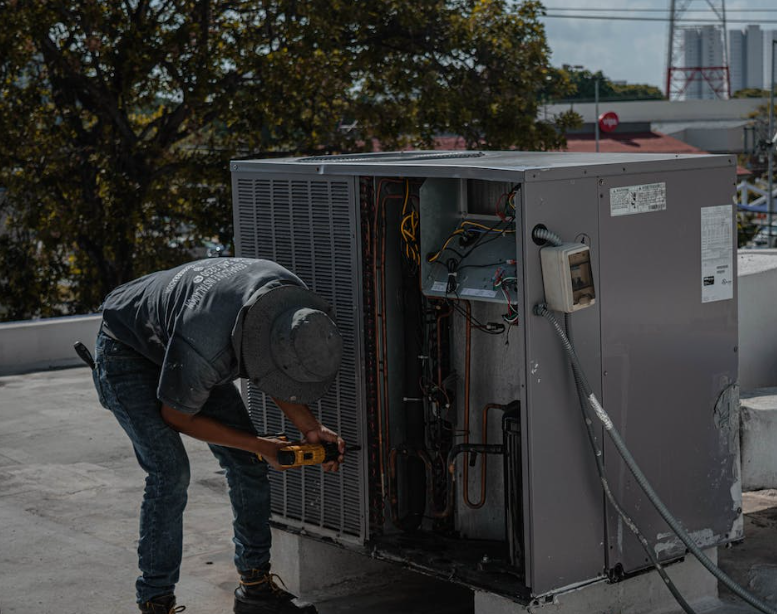Is HVAC Technician a Good Job? Pros and Cons

When it comes to choosing a career path, it's important to consider the pros and cons of the job you're interested in. One profession that many people are considering these days is HVAC technician. But is it a good job? In this blog post, we'll explore the pros and cons of being an HVAC technician, as well as the essential skills and qualifications needed for this career. We'll also discuss the career outlook for HVAC technicians and some factors to consider before deciding on this career path.
Career Outlook for HVAC Technician
The career outlook for HVAC technicians is promising. According to the Bureau of Labor Statistics, the employment of HVAC technicians is projected to grow 4 percent from 2019 to 2029, which is about as fast as the average for all occupations. The demand for HVAC technicians is driven by the need for energy-efficient systems and the increasing complexity of HVAC technology.
Factors to consider before deciding on a career as HVAC Technician
-
Interest and Passion: It's important to have a genuine interest and passion for the HVAC industry before pursuing a career as an HVAC technician. This job requires dedication, continuous learning, and a genuine desire to work with HVAC systems.
-
Physical Fitness: As mentioned earlier, the job can be physically demanding. It's important to assess your physical fitness and ensure that you can handle the physical aspects of the job.
-
Work-Life Balance: The irregular work schedule of HVAC technicians can affect work-life balance. Consider if you are willing to work evenings, weekends, and holidays, as well as the impact it may have on your personal life.
-
Training and Education: Research the training and education options available in your area. Look for reputable schools or apprenticeship programs that provide comprehensive training and hands-on experience.
Final Thoughts
Becoming an HVAC technician can be a rewarding career choice for those who enjoy hands-on work, problem-solving, and working with HVAC systems. The job stability, good pay, and variety of work environments are some of the pros of pursuing this career path. However, it's important to consider the physical demands, exposure to hazards, and the need for continuous learning. Before deciding on a career as an HVAC technician, assess your interests, physical fitness, and personal commitments. Platforms like Dreambound can help you find the right training programs that can launch your career as an HVAC technician. Dreambound is the largest platform for students to find vocational training programs, such as allied health or industrial trades. Their mission is to provide all the information students need to find the perfect class.
If you're exploring options in this field in various locations, Dreambound's extensive guides are a great resource. We've got detailed insights for different states. Check out some additional guides below:
- How to Become an HVAC Technician in Alabama
- How to Become an HVAC Technician in Idaho
- How to Become an HVAC Technician in Michigan
- How to Become an HVAC Technician in Oklahoma
- How to Become an HVAC Technician in Wyoming
Thinking about a potential career transition? Dreambound has detailed guides to help you with making informed decisions.

Alyssa Jane is part of the customer success team at Dreambound. She works with students, training providers, and employers, helping them have a smooth customer journey. She is also an ESL tutor and Licensed Psychometrician. She is fond of traveling, photography, and discovering new restaurants.



